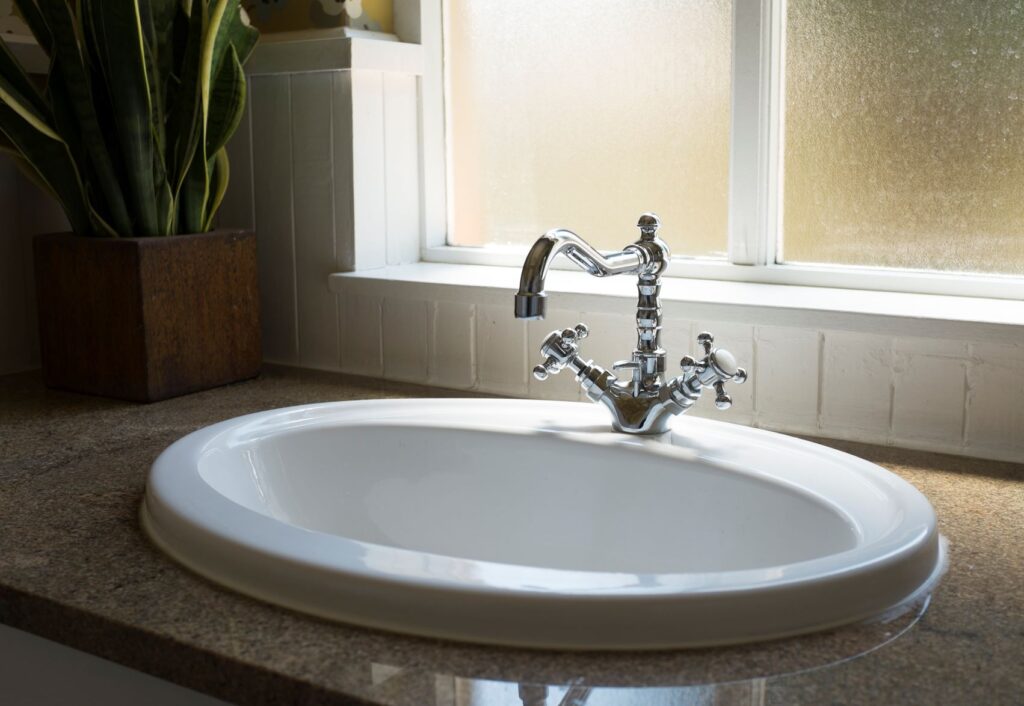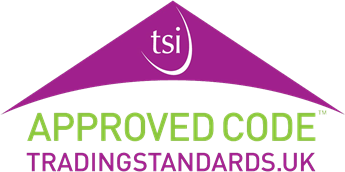
Legionella pneumophila is a bacterium from the Legionellaceae family which is principally found within water systems. Exposure to Legionella via inhalation, or less commonly through drinking water with bacteria present, can result in legionellosis, a sickness characteristic of pneumonia called Legionnaires’ disease, or the not quite as serious Pontiac fever which causes flu-like symptoms.
So named in 1977 after a mystery illness killed 29 (and infected 211 others) at the annual American Legion convention in Pennsylvania, Legionnaires’ disease is a rare but serious condition which can be fatal.
Legionella pneumophila is commonly found in small amounts in natural water sources, but can also be detected in man-made water systems such as spas, cooling towers, fountains and swimming pools. Domestic water systems in particular can be a danger if the right environmental conditions allow for reproduction of the bacteria. Correct conditions would include those in which water is re-circulated or there are suitable nutrients for the bacteria to feed from such as rust, biofilms or scale.
How does this impact landlords?
Whilst being a landlord is a satisfying and profitable endeavour, there are certain rules and regulations in place to which landlords must adhere in order to ensure properties are kept to the correct standard for tenants and to guarantee accommodation is safe for anyone who may live in or visit the property.
There is specific legislation in place which requires landlords to help in fighting Legionella, and highlights a fundamental duty to make sure that properties are safe for human habitation – meaning that unless proof of risk assessment can be provided Landlords may be liable should their tenants fall ill.
Whilst it is generally recognised that Legionella is of marginal risk in most properties with a small domestic water system in which there is daily turnover of water (the chief danger in rental properties comes following a void period in which water has been left stagnant), it is still essential to make sure you have taken appropriate action.
Risk assessments for Legionella are fairly straight forward and generally do not need to be carried out by a professional. In addition there are a few fairly basic preventative measures that can be taken to reduce the risk of Legionella which include running off the taps after void periods, controlling the temperature water is stored at and cleaning shower heads.
Legionella risk assessment forms can be found online, and are quick and easy to fill out. A simple typed document produced annually showing that assessment has taken place, and pre-emptive measures taken is generally considered enough to class as compliance, but further advice can be given by speaking with experienced letting agents and relevant authorities.
Are you a landlord looking for management advice? Get in touch with Intus Lettings today to find out how we can help you.




